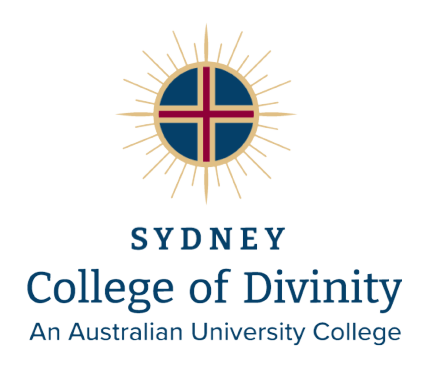C8102 – Introduction to Counselling
Unit Code
C8102
Unit Name
Introduction to Pastoral Counselling (postgraduate)
Unit Weighting
9 Credit Points
Type of Unit
Foundational
Prerequisites, corequisites or exclusions
Nil
Attendance
Note: Introduction to Counselling will be held this semester in Campus mode only–as such mandatory face-to-face attendance is required. This is due to the practical nature of the unit which will focus on the practical aspects of counselling.
Academic Staff
Dr. Margaret Tadros. BA (Hons), University of Sydney; MPsych, University of Sydney; PhD (Clinical Psychology), University of Sydney
Curriculum Objectives
This graduate course introduces students to various models of pastoral counselling that are integral to the process of ministry and encourages critical reflection upon this. Emphasis will be both on learning the function of basic counselling skills within the pastoral context and on theological reflection upon this form of pastoral activity.
Learning Outcomes
At the end of this unit students will be able to:
1. appraise, and critically reflect upon, the role of pastoral counselling skills in ministry
2. distinguish between, and appraise, various pastoral counselling models
3. interpret how various components of the pastoral counselling relationship apply to ministry
4. exhibit basic listening and reflective skills
5. apply an understanding of the ethics of the practice of pastoral counselling in ministry
During this course unit, students may acquire the following threshold concept:
A disciplined approach to accepting and understanding the relational dimension of pastoral ministry is as crucial to its effectiveness as a knowledge and understanding of theological orthodoxy.
Content
1. Introduction. What is pastoral counselling?
2. The skills of listening and emotional involvement
3. Empathy and empathic containment
4. The components of the pastoral counselling relationship
5. Critical evaluation of counselling models
6. Pastoral counselling and spiritual direction: similarities and differences
7. Theological perspectives on pastoral counselling
8. Ethics in counselling practice in the pastoral context

